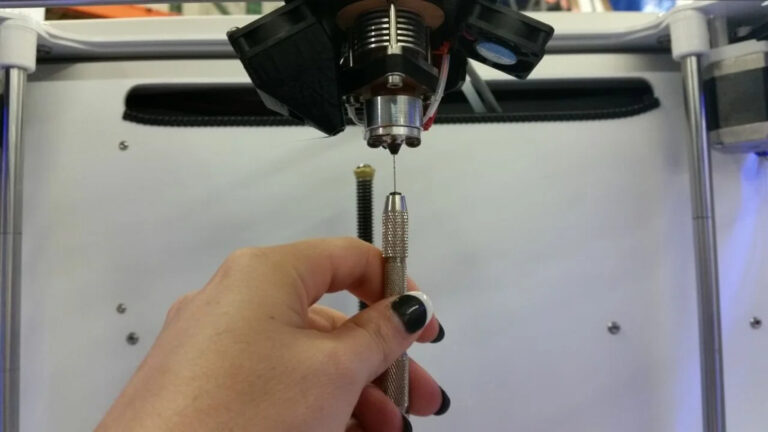The following post includes information about the leading online...
Facing the situation of losing clients creates a drop...
In the age of digital transformation, Qatar stands as...
Waikato’s Top Lawn Fertilizing Experts Reveal Secrets to a...
In the dynamic world of Michelin-starred restaurants, sourcing the...
In this post, we’ll discuss whether all pool types...
Relocation, whether residential or commercial, is a significant life...
The guest post explores how SEO strategies can maximize...
Effective 3D printer nozzle cleaning is crucial to stop...
Illuminate Your Space with Style: Personalized 3D LED Illusion...






















